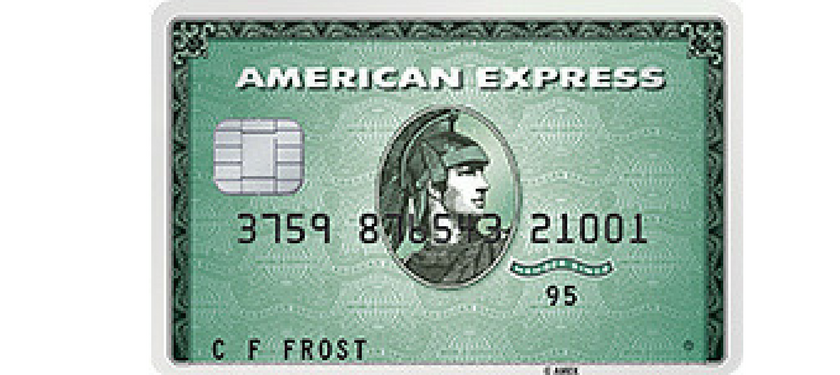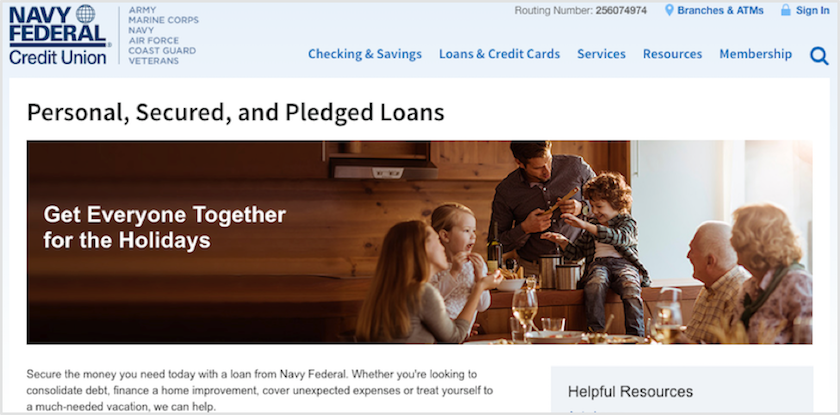Table of Content
If you have a $300,000 mortgage and you want to borrow $150,000 to buy a second home, you could potentially refinance your original mortgage loan for the combined $450,000 to do so. If you choose to sell your house while still making payments toward your primary mortgage and home equity loan, you will be able to pay off these liens from the home sale’s proceeds. In 2018, changes to tax codes led to somewhat ambiguous guidelines for investment properties. Because of this, we recommend consulting with an accountant before making any decisions. However, if the home equity loan is not specifically being used to improve the property it was taken out against, it’s likely it will not be tax deductible. And if you default on the loan, you could potentially lose both your primary and secondary properties, as both are held as collateral.

This makes it easier to use that money for a down payment—as opposed to drawing HELOC funds over time—and to plan for set monthly payments. Discover offers credit cards and a variety of personal, student and home loans, including home equity loans. (At this time, they do not offer HELOCs.) With a Discover home equity loan, homeowners can borrow up to $300,000 with low fixed rates and no loan origination fees.
What is a home equity loan?
Depending on your overall financial circumstances, you can potentially claim tax deductions for interest payments on a refinance loan tied to your primary residence. You can also potentially write off interest payments on a second lien equity loan or line of credit. Coming up with money for a down payment on a new home is often the biggest struggles would-be homeowners face. However, if you already have a home, you can leverage some of the equity you have built up to acquire another house using a home equity loan or line of credit. You often pay less when you secure a second lien to your existing home, rather than taking out an actual purchase mortgage on the new home.
” As an alternative to a home equity loan, consider taking out a home equity line of credit . Here’s how to invest in real estate by tapping your existing equity. Always seek the help of a licensed financial professional before taking action. Timothy Li is a consultant, accountant, and finance manager with an MBA from USC and over 15 years of corporate finance experience. Timothy has helped provide CEOs and CFOs with deep-dive analytics, providing beautiful stories behind the numbers, graphs, and financial models. Camron Hoorfar is a licensed attorney with extensive experience in bankruptcy, consumer debt, tax, litigation, criminal laws, business laws, and non-profit organizations.
Cash-out Refinance
If you use the funds to renovate the property that secures the loan, the interest can be tax-deductible. One big benefit to owning a home is that your mortgage interest can be tax deductible. However, the IRS has regulations that dictate when interest payments on home equity loans or HELOCs can be deducted. Using a home equity loan to buy a second home could put both properties at risk.

These mortgages are tailor-made for homeowners age 62 or older, particularly those who have paid off their homes. Although you have a few options for receiving the money, one common approach is to have your lender send you a check each month, representating a small portion of the equity in your home. That gradually depletes your equity, and you'll be charged interest on what you're borrowing during the term of the mortgage. You must remain living in your home, or the entire balance will come due.
How To Find the Best Home Equity Lender
This might be useful if you need some cash now for a down payment and expect to need more in a year or two to make some renovations. However, HELOCs typically carry variable interest rates, making them less predictable than a home equity loan, which usually has a fixed rate. A cash-out refinance pays off your current mortgage with a larger one based on the accumulated equity in your home.
Different lenders have different loan programs, and fee structures can vary dramatically. You've most likely heard the terms "home equity loan" and "home equity line of credit" tossed around and sometimes used interchangeably, but they're not the same. You’ll have to pay this debt off immediately and in its entirety if you sell your home, just as you would with your first mortgage. You can borrow a fair bit of money if you have enough equity in your home to cover it. Many investors also wonder, “Can a HELOC be used to purchase a home?
Home equity loans are best used solely for projects that will lead to an increase in your home’s value. If you use them frivolously, then you erode your equity in your most valuable asset. To continue that example, if that person’s home value continues to increase, they can continue to take out home equity loans periodically.

Additionally, if you take out an equity line you can draw on the line as and when you need to. If you take out a cash-out refinance or purchase loan, you have to start paying interest from the day the loan closes. In this scenario, the home’s seller and the buyer enter an agreement complete with repayment terms, such as a down payment and an interest rate. It might be hard to convince a seller to agree to seller financing, but if you can, it may lead to more flexible financing than is available via a traditional lender. You’ll usually need a debt-to-income ratio of 45% or lower and a credit score of at least 640. Real estate can be a worthwhile investment, so it makes sense to consider purchasing more of it.
You’ll also need to agree to a credit check, which allows them to evaluate your payment habits and history with debt. The downside, though, is that closing costs tend to be high on cash-out refinances, so make sure you have cash on hand to cover these. According to Freddie Mac, the average closing costs on a refinance are around $5,000. A cash-out refinance is another way to leverage the equity you have in your house. Typically, you’d use a cash-out refinance to replace an existing mortgage—just with a higher-balance one—and then pocket the difference between the two balances at closing. With a home equity loan, repayment looks much like it does on your first mortgage.
A drop in housing market values could also make it hard to resell the investment property. The lower rates offered on home equity loans can help you save money on interest charges, especially if the mortgage rate for the investment property is higher. Unlike with a home equity line of credit that allows you to repeatedly draw on and pay off your credit line, you’ll receive your home equity loan funds as a lump sum. You’ll then pay this amount back in equal installments over your repayment term—usually five to 30 years, depending on the lender.
When you do this, you extract enough cash to pay off your existing mortgage and get the cash you need to buy the new home. Today’s mortgage rates vary with market conditions, but the rate you’re offered also depends on the riskiness of your financial profile. A lender must assess whether they believe you’ll repay the home equity loan on time.
Reverse mortgages provide a flexible way of using equity to buy another home, as borrowers can choose between receiving a lump sum or a line of credit. However, keep in mind that while you won’t make payments with a reverse mortgage, interest will accrue. This causes the loan balance to grow and can result in eating up all of the home’s equity.

No comments:
Post a Comment